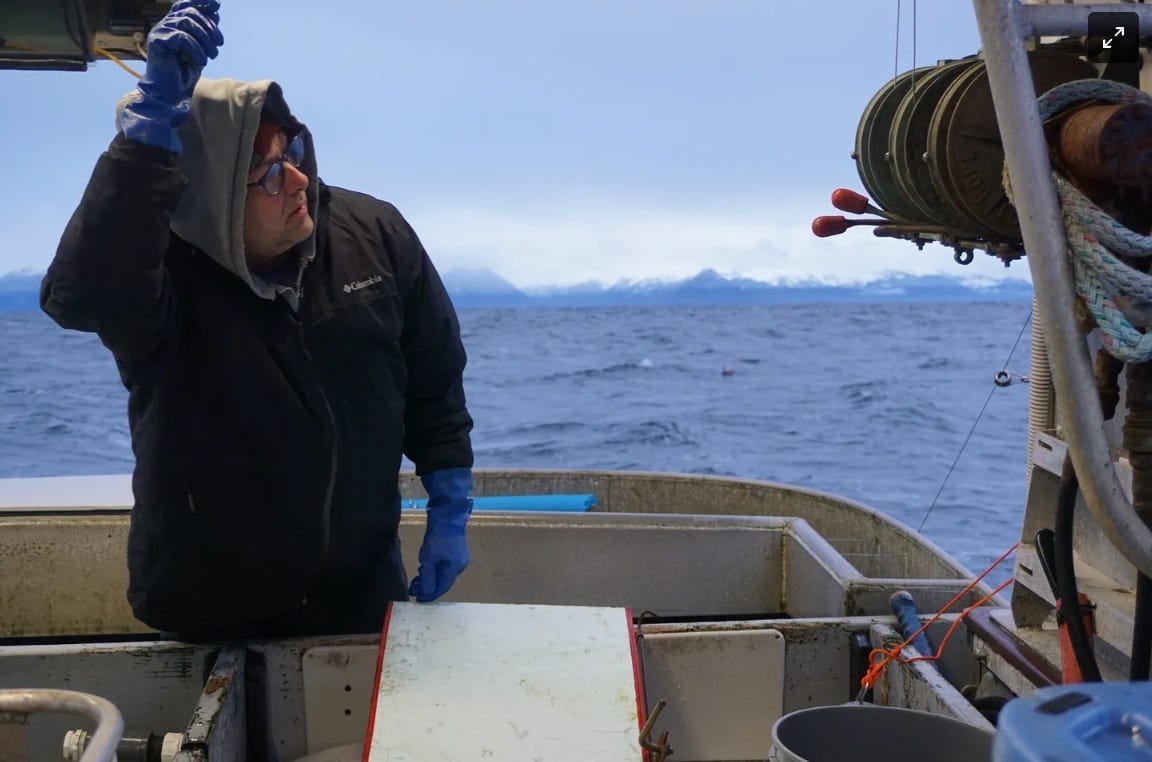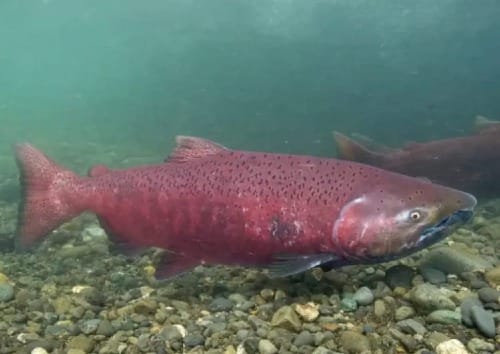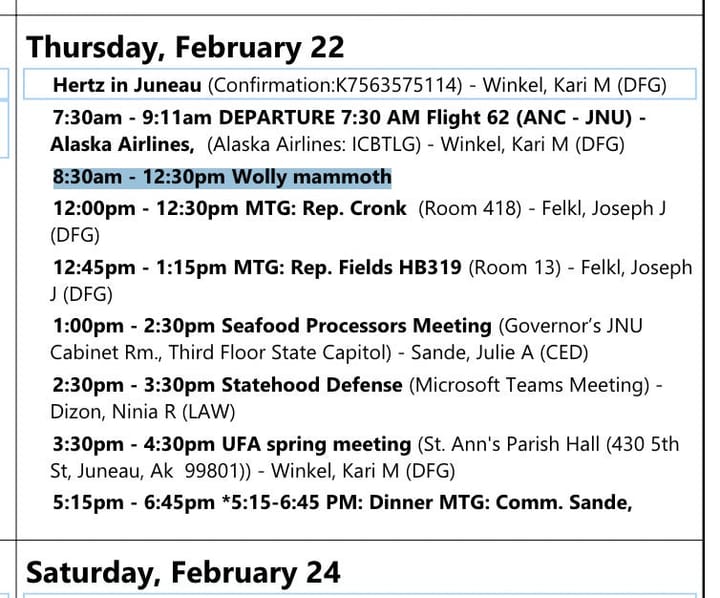No relief for beleaguered Southeast Alaska trollers as judge rejects request to keep fishery open
Alaska Fish and Game Commissioner Doug Vincent-Lang said the state would appeal the denial immediately. But the clock is ticking before the scheduled July 1 start to the king salmon fishery.

Northern Journal is a newsletter written by me, Anchorage journalist Nat Herz. It’s free to subscribe, and stories are also free to Alaska news outlets to republish through a partnership with the Alaska Beacon.
My goal is reaching the broadest possible audience of Alaskans. But this work costs time and money, so if you can afford it, please consider supporting Northern Journal with a $100 annual or $10 monthly voluntary paid membership — these are currently my only sources of revenue for this project. Your support allows me to stay independent and untethered to the demands of the day-to-day news cycle. If you’ve already subscribed, thank you.
A federal judge has rejected a request to allow a staple Southeast Alaska king salmon fishery to proceed this summer while an appeal challenging its court-imposed closure plays out.
Richard Jones, a U.S. District Court judge in Washington state, denied the request by Alaska Gov. Mike Dunleavy’s administration to set aside his own ruling from earlier this month. The ruling, aimed at protecting endangered orca whales, has the effect of closing this summer’s troll season for Chinook salmon in Southeast Alaska — a hook-and-line fishery that employs some 1,500 skippers and crew.
Jones, in a five-page order Friday, said he would not “stay,” or set aside, his earlier decision while the state’s underlying appeal to the Ninth Circuit Court of Appeals plays out. In Friday’s order, Jones said the state’s arguments against his earlier ruling — arguments that stressed the financial impacts of a closure on fishermen and the region’s economy — is unlikely to win on appeal, which is a necessary finding for Jones to put the closure on hold.
The news comes just over a month before the July 1 scheduled start to the summer troll fishery.
Advocates for the trollers said Jones’ ruling was expected, and a necessary step before the stay request could also be brought to the Ninth Circuit. The state will file that request either Friday or Tuesday, Doug Vincent-Lang, Alaska’s fish and game commissioner, said in a brief phone interview.
Matt Donohoe, board president of the Alaska Trollers Association, said the situation looks increasingly grim, as fishermen sink money into their preparations for the summer without knowing what the payoff will be.
King salmon typically make up between 40% and 50% of the fleet’s yearly harvest value, according to a 2019 study.
Trollers are also unsure about whether the previous ruling from Jones will even allow them to catch silver salmon, which make up most of the rest of their harvest, because there’s no way to ensure that kings aren’t accidentally hooked and harmed.
“We hope for the best,” Donohoe said Friday by phone from Sitka. “There's so many people that may not be feeding their family because of this.”
Vincent-Lang said that the state’s current plan — “and we’re still talking about it” — is to allow the silver and chum salmon troll fisheries to open in July, and to leave the king fishery closed if the Ninth Circuit doesn’t reverse Jones.
But Vincent-Lang acknowledged that there’s still some legal uncertainty about what Jones’ order allows when it comes to the silver fishery.
Friday’s ruling is the latest in a three-year-old lawsuit by a Washington-based environmental group, Wild Fish Conservancy, that’s aimed at preserving king salmon as prey for endangered orca whales that live off British Columbia, Washington and Oregon.
[Previous coverage: A lawsuit targets a Southeast Alaska salmon fishery to save 73 orcas. Critics say the Washington-based plaintiffs should look closer to home.]
The impact of the Southeast troll fishery on the Southern Resident population, which numbers just 73, is deeply disputed. And advocates for trollers — including Dunleavy, Alaska’s entire congressional delegation and environmental groups inside the state — describe trollers as poster children for conservation, and have launched harsh attacks on Wild Fish Conservancy.
The Southeast troll fishery supplies high-grade king and silver salmon fillets to grocery stores across the country.
The overall economic impact of the fishery, when accounting for seafood processing and related jobs, is estimated at $85 million. Some 85% of fishermen live in the state, in dozens of communities across Southeast Alaska.
Northern Journal is a reader-supported publication. To receive new posts and support my work, consider becoming a free or paid subscriber.



